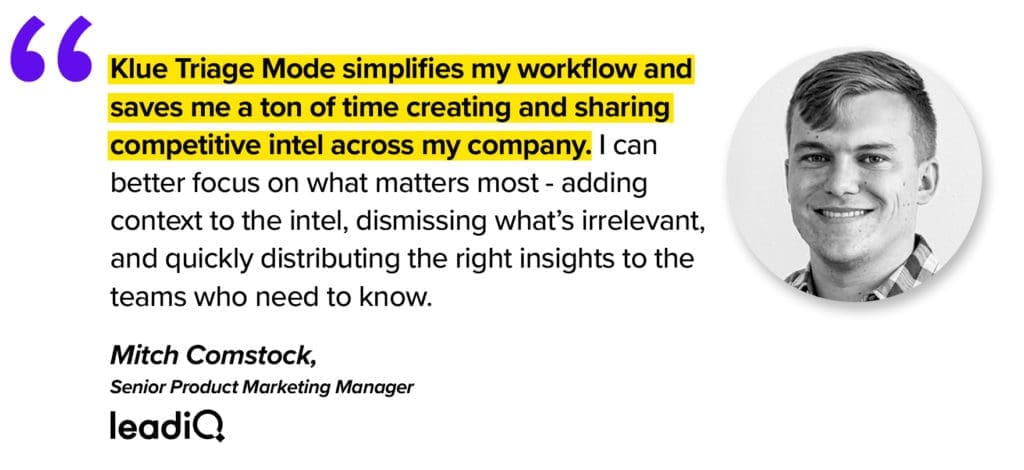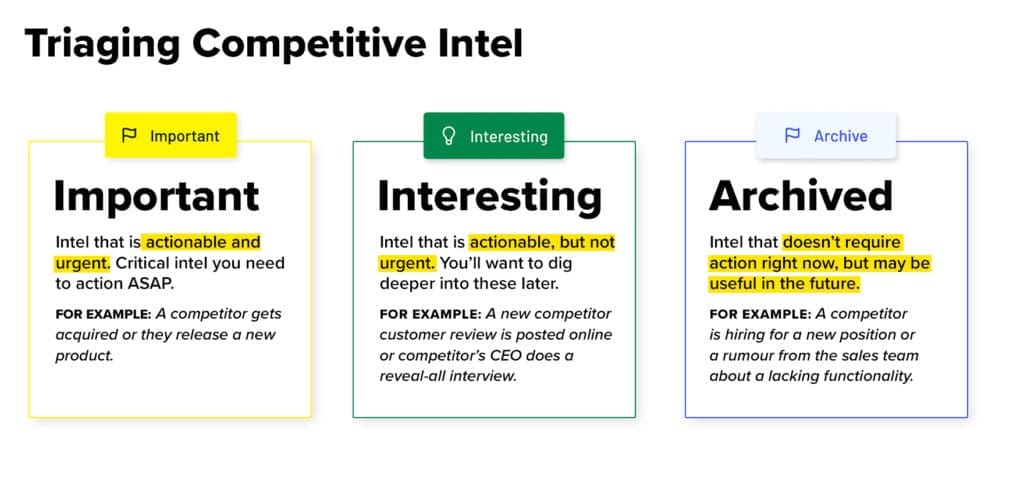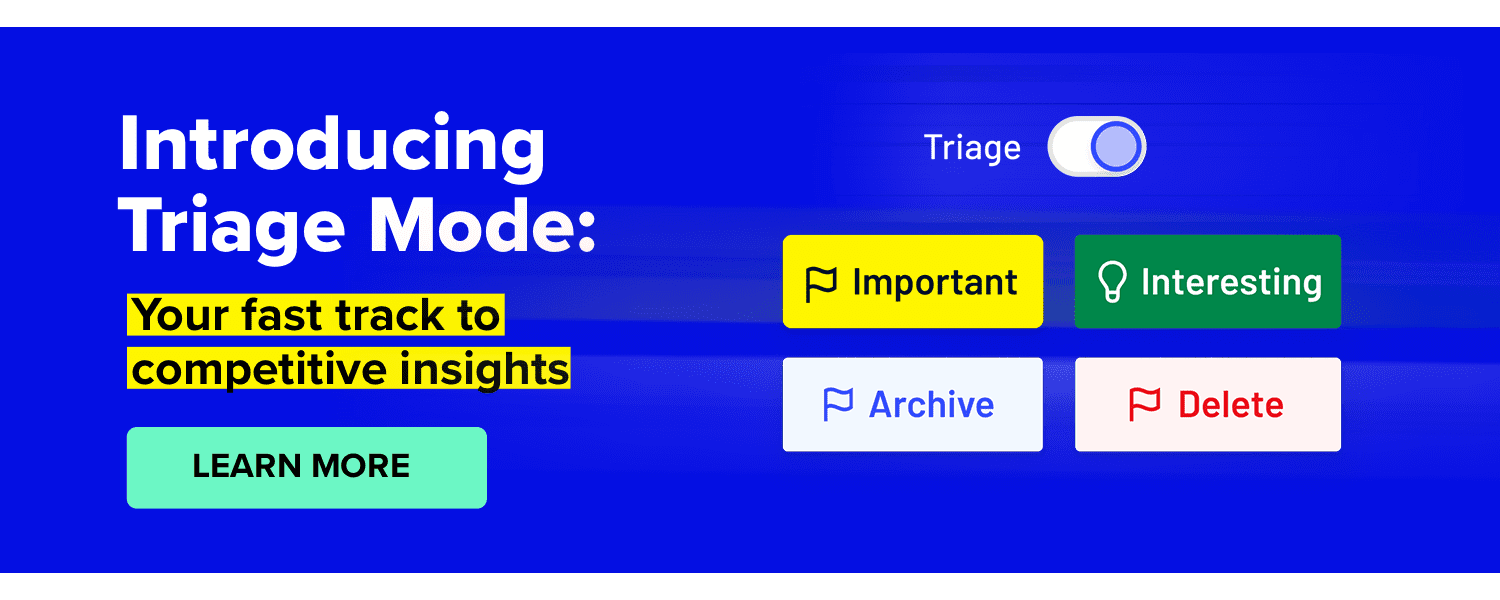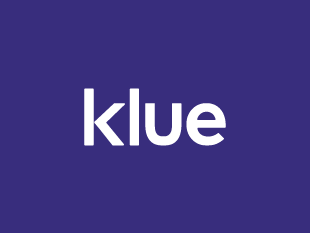Klue Compete
The Competitive Enablement Platform
Learn More
INTRODUCING KLUE INSIGHTS
FIND OUT MORE >

You’ve met with your stakeholders
You’ve prioritized your competitors.
You’ve built out a content framework, a battlecard template, an executive dashboard.
You’ve laid the foundation, and you’re ready to rock and roll.
What’s next?
The real work of your competitive enablement program begins.
In this article, I walk through how you can become the competitive enablement expert at your organization, including:


The first step is to collect competitive intelligence on your competitors. Luckily, there is plenty of technology out there — Klue included — that will scour the web for intelligence, filter it, and categorize it automatically for you.
Many platforms – did we mention Klue? – will also help you crowdsource intel from various stakeholders within your organization, via CRM data, email, Slack / Teams, and so on, to help you build a collaborative competitive culture.
But there is a final step to the intel collection process. You need to curate the relevant intel and add your unique perspective so it can be distributed to the right stakeholders in an actionable manner.
Curation is the last mile in the intel collection process.
And curation needs to be done by you.
You know your business. And it’s not just industry-knowledge that you have. You know your buyer personas, your segments, your own solution’s strengths and weaknesses. You know what competitive intel will be important or interesting to your organization, and what intel will not.


Put another way, intelligence needs to be filtered in two ways to be valuable and actionable for your business:
Combining objective facts with your organization’s unique characteristics is not only what makes intel actionable, but also what makes your role so powerful. It’s by doing this curation work that makes you the expert and puts your finger squarely on the pulse of the market.
At this stage in building a program, many teams are tempted to leverage an analyst service to outsource the work of curation. In practice, there are a lot of risks to this approach for your competitive program, your business, and ultimately your reputation.
At best, an analyst is filtering out the news that is objectively poor quality. Duplicates, junk, irrelevant website changes, and so on. They can even help you categorize news into buckets. But it’s important to consider whether a third-party analyst would know what’s subjectively important for your business.
Furthermore, curating competitive intelligence is what makes you the expert within your organization. Those quick reps every day is what builds your competitive enablement muscle and builds your reputation as the go-to person for competitive insights.
Clara Smyth @ Slack (and many others) often shares that having her eyes and ears on the very edges of the business is what elevates her role and is why executives at Slack go to her for competitive insights.
Curation is not only necessary, but incredibly valuable to CE experts. We asked hundreds of successful competitive enablement programs how they go about curating intel for their business. Independent of industry, company size, and even region, we learned that many programs triage intelligence in similar ways.
Intel is being generated every single day, both from the outside world, and from your inside teams. And so the first step that successful program owners take is they check their intel every single day.
It doesn’t need to take long. Most program owners report that they spend about 5-10 minutes per morning quickly reviewing the intelligence that appeared in the last day or two. This is a workflow we call triaging.
In those 5-10 minutes, you sort intelligence into the following buckets:


Important – This is the intel that is actionable, and urgent. A competitor gets acquired. They release a new product. This is the kind of intel that you reschedule items in your calendar for – because it’s that critical.
Interesting – This is the intel that is actionable, but not urgent. Your sales team loses a deal to a competitor. A new customer review is posted online. A competitor’s CEO does a reveal-all interview. You want to look deeper into these items, and it may produce something insightful, but it doesn’t require you to drop everything at this moment.
Archived – This is the intel that doesn’t require action right now, but may be useful in the future. A competitor is attending an event, they’re hiring for a new position, you hear a rumour from the sales team about a lacking functionality… you don’t need to action on this right away, but you certainly want to save it to build your repository of intelligence over time.
Now that your intel is sorted, you can go about the rest of your day. Maybe you have a time block later that afternoon to do some deeper analysis. That’s when you’ll dive deeper into your Important and Interesting items to do a more in-depth analysis, add context and meaning, and even distribute news-worthy items to the rest of your team via Slack / Teams, your email digest, a piece of content like a battlecard, and so on.
Again — it’s worth considering how much of the above (if any) an external analyst could do for you effectively.
This is the work that makes you the competitive expert for your organization.
This is why at Klue, we recently released Triage Mode. Acknowledging the reality that curation is most effective when done by someone within the business, we partnered with some of the most mature competitive enablement programs to understand how they worked through competitive intel to make those critical decisions. Then, we built those workflows directly into the Klue platform.


Those actions, as mentioned above, could include:
From there, you can begin creating and maintaining competitive content to ultimately enable the various stakeholders across your organization.
In Summary:
Want to see how Triage Mode works? Check out the interactive tour on our recent announcement post.




Competitive Enablement
The topic of Large Language Models (LLMs) has a lot of confusion. Here's what you need to know about how Klue is working with them.


Competitive Enablement
Product Marketing
If your competitive intel game is too strong for automation, too pure for data privacy, and too rebellious for accuracy — then Klue AI is probably not for you.


Let’s do it. Tell us a bit about yourself and we’ll set up a time to wow you.
Let's do it. Tell us a bit about yourself and we'll set up a time to wow you.
XLet's do it. Tell us a bit about yourself and we'll set up a time to wow you.
XSubscribe to get our latest AI functionality and news in your inbox.
XOur Buyer Pulse feature, set to launch in Q2 2024, offers valuable insights into the factors influencing buyer decisions in your pipeline. By signing up for the waitlist, we can better gauge interest and proactively engage with you to streamline the setup and integration process before the feature becomes widely available.
X